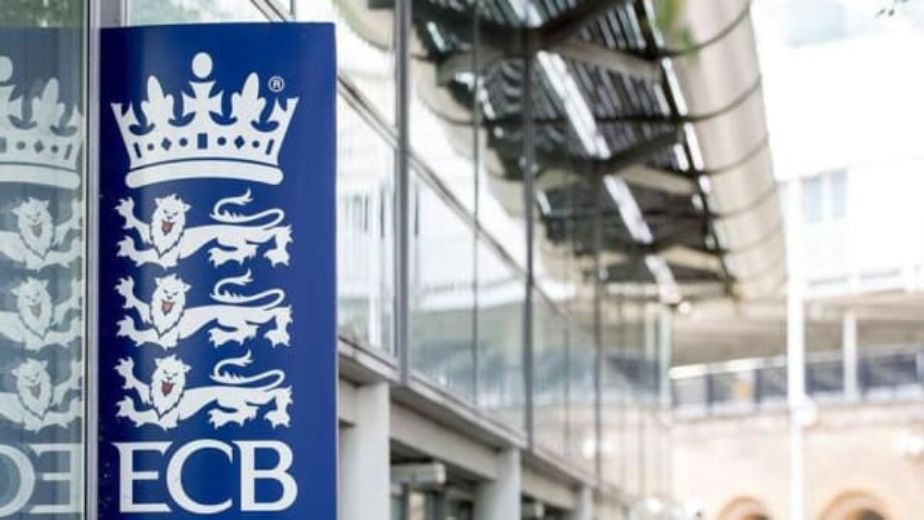The Annual General Meeting on Tuesday unanimously ratified the appointment of Baroness Valerie Amos as an Independent Non-Executive Director of the ECB.
The reappointment of the other continuing directors – Ian Watmore, Alan Dickinson, Barry O’Brien, Brenda Trenowden, Jim Wood, Katie Bickerstaffe, Lucy Pearson, Martin Darlow, Ron Kalifa, Scott Smith and Tom Harrison were also ratified by ECB’s 41 members unanimously.
Ian Watmore, ECB Chair, said: “Valerie is a true cricket fan who brings with her outstanding experience and expertise, and I’m delighted that she’s joined the Board. Her insights and challenge on leadership and inclusion will also really help us as a Game.”
The ECB on Tuesday also published its Annual Review and Financial Statements for 2020/21, covering a year of major disruption. The press release by ECB stated 'Across the Game as a whole – including ECB and First Class Counties – revenue losses amount to more than £100m compared to what had been expected to be received in 2020 after a year of matches played behind closed doors.
Staging international cricket and taking swift action to reduce costs meant the ECB avoided the worst-case financial scenarios last year and was able to support the cricket network, although revenue was impacted by the postponement of The Hundred and staging biosecure cricket incurred significant additional costs.
The ECB’s end of year results show that in the year ended 31 January 2021, a year when revenue had been projected to increase significantly to allow for investment in growing the game, turnover was £207m, a fall of £21m as compared to the previous year. The loss on ordinary activities before taxation was £16m in the year ended 31st January 2021, compared to a profit of £6.5m in the prior year.'
With last year being the first year of the new County Partnership Agreement (CPA), distributions to the cricket network and stakeholders were at the highest levels seen in ECB’s history.
Chief Financial Officer of the ECB, Scott Smith said: “This has been a challenging year, but by being able to stage international cricket and by taking decisive action early in the pandemic, we have been able to support the network and avoid a far worse financial scenario. There remains considerable uncertainty over the year ahead, but we hope that delivering another full summer of cricket – and with crowds beginning to return from next week – we are able to protect the revenue we need to invest in growing our game.”
